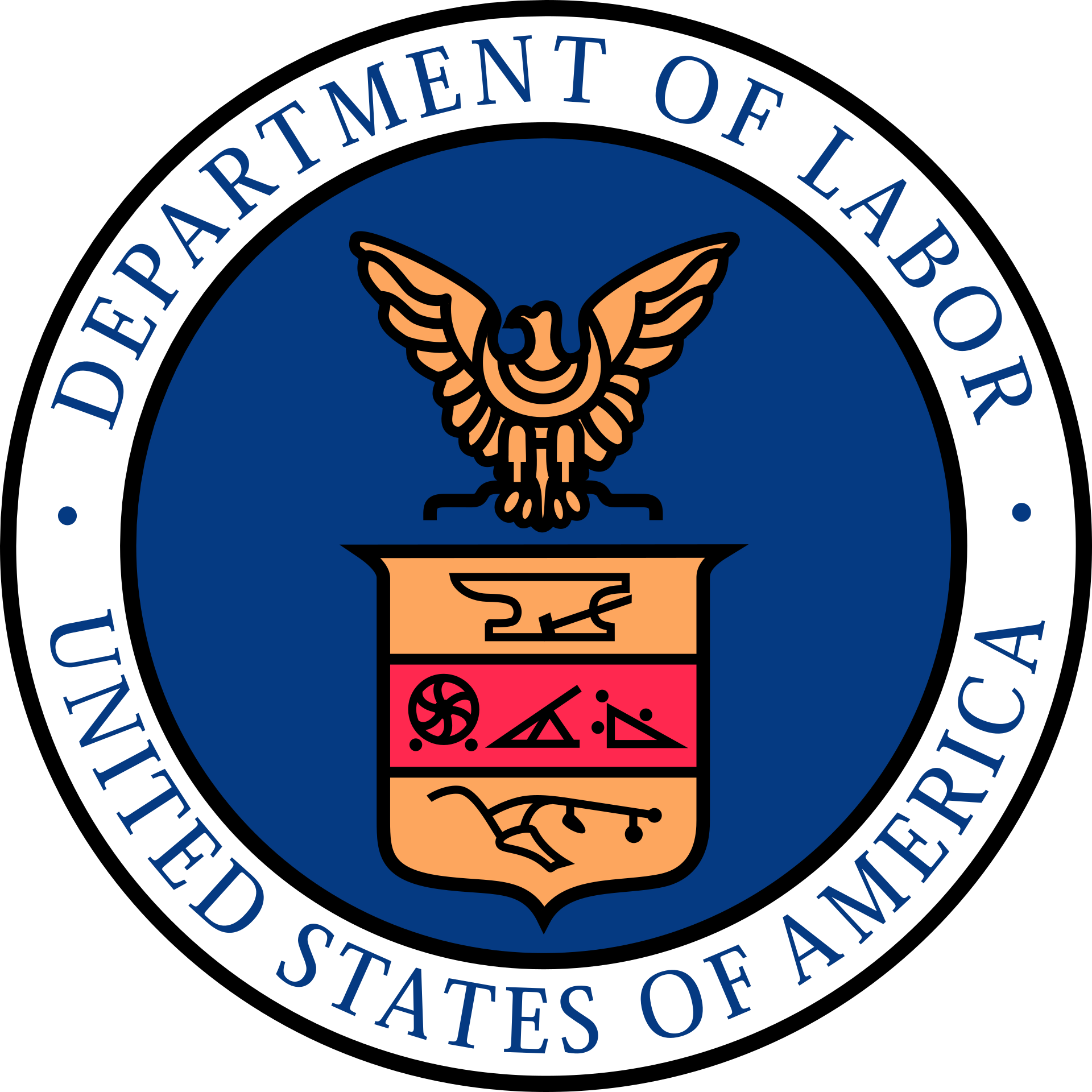The Families First Coronavirus Response Act (the “FFCRA”) provisions regarding required Emergency Paid Sick Leave and Emergency Family Medical Leave go into effect tomorrow,
April 1, 2020. Unless they obtain an exemption, all private employers with fewer than 500 employees must follow the FFCRA.
Just yesterday, the Department of Labor (the “DOL”) issued additional guidance regarding how employers must comply with the Emergency Paid Sick Leave and Emergency Family Medical Leave requirements of the FFCRA. Given the speed with which the FFCRA was passed, this DOL guidance offers critical clarifications to employers.
For example, the DOL guidance now makes clear that eligible employees are entitled to a total of 12 workweeks of leave during a 12-month period under the FMLA, including the Emergency Family and Medical Leave Expansion Act. While previous analysis indicated that employees may have been eligible for an additional 12 weeks leave under the Emergency FMLA provision, it is now clear that an employee is capped at 12 weeks total of FMLA leave. So, if an employee has already taken 12 workweeks of FMLA leave during the employer’s current 12-month period, the employee may not take additional Emergency Family and Medical Leave.
The DOL guidance discusses numerous other topics including, but not limited to, the following:
• Employee eligibility;
• How to calculate an employee’s rate of pay, including whether overtime must be included;
• Documentation that employers can require from employees to certify Emergency FMLA leave;
• Whether employers must allow intermittent use of Emergency FMLA or Paid Sick Leave;
• What if an employer provided Paid Sick Leave or Emergency FMLA leave before April 1, 2020? Do they receive any credit for this?;
• Whether employers are required to supplement pay under Emergency Paid Sick Leave or Emergency FMLA with existing PTO; and
• Job restoration requirements.
Employers will inevitably have questions about how to address various leave-related scenarios under the new law. We encourage employers to be proactive to ensure they are well-positioned to respond to employees’ questions and requests as they arise during these uncertain times.
Contact your FOS attorney with any questions about how to implement these new leave provisions under the FFCRA.
As always, be well.





